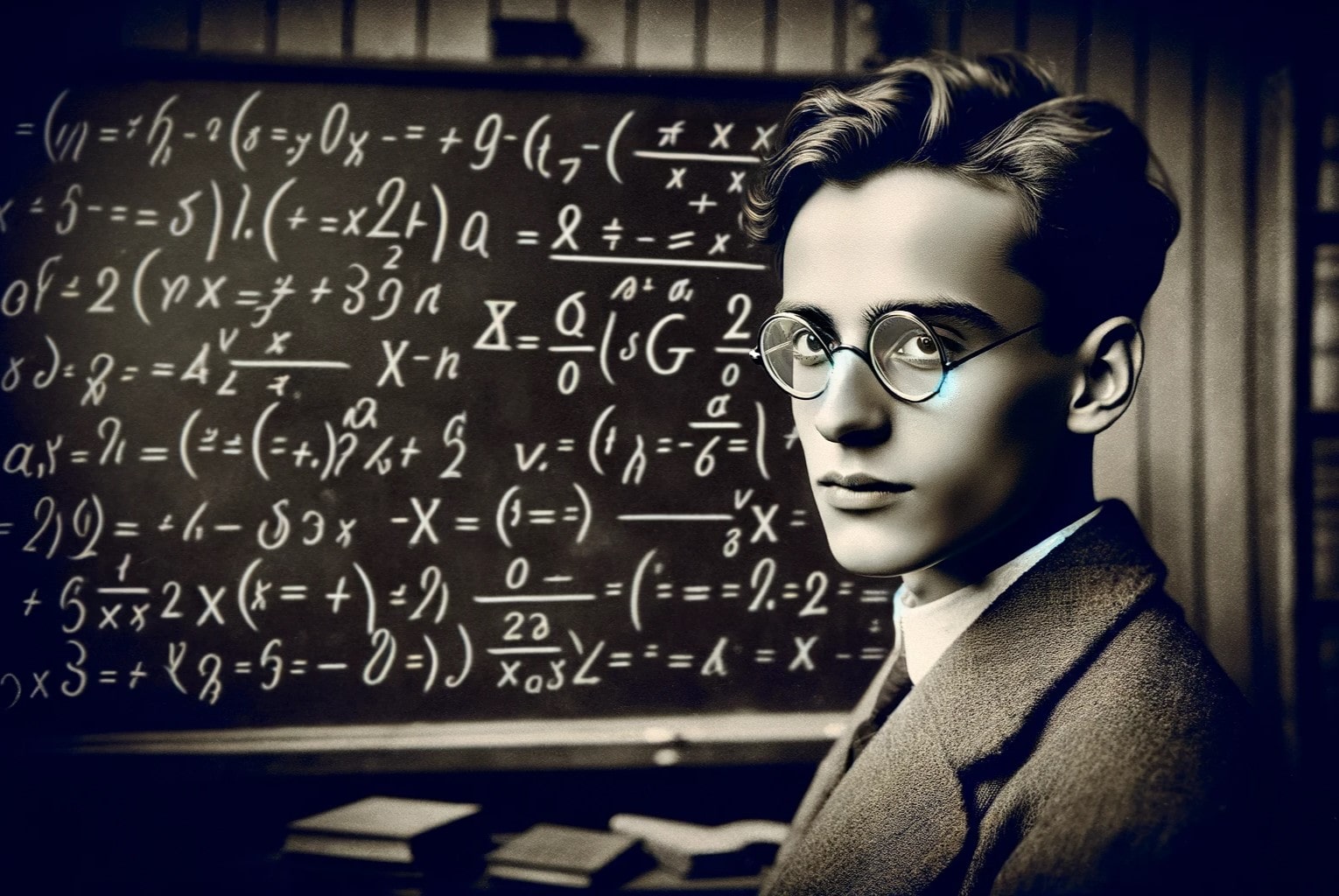
Gödel's Incompleteness Theorems, formulated by the brilliant mathematician Kurt Gödel in the 1930s, revolutionized the field of mathematical logic. These theorems shook the very foundation of mathematics, challenging long-held beliefs about the nature of formal systems and the limits of mathematical reasoning. In this article, we will delve into seven fascinating facts about Gödel's Incompleteness Theorems, shedding light on their profound implications and the enduring impact they have had on the world of mathematics and beyond. From the fundamental concepts behind the theorems to their far-reaching consequences for our understanding of truth and provability, we will explore the intricacies of Gödel's groundbreaking work. So, buckle up as we embark on a journey through the captivating realm of mathematical logic, where Gödel's Incompleteness Theorems continue to captivate and inspire generations of mathematicians, philosophers, and thinkers.
Key Takeaways:
- Gödel’s Incompleteness Theorems shook up math by showing that some truths can’t be proven. This challenges what we thought we knew about certainty in math and logic.
- These theorems go beyond math and make us question what we can really know. They sparked big debates and show that there are limits to what we can prove.
Gödel's Incompleteness Theorems revolutionized mathematics.
In 1931, the brilliant mathematician Kurt Gödel shook the foundations of mathematics with his groundbreaking Incompleteness Theorems. These theorems transformed our understanding of mathematical systems and posed profound questions about the limits of logic and reasoning.
Gödel's work challenged the notion of absolute mathematical certainty.
Gödel's Incompleteness Theorems shattered the belief that all mathematical truths could be proven within a formal system. They revealed that in any consistent mathematical system, there exist true statements that cannot be proven within the system.
The theorems have implications beyond mathematics.
Gödel's Incompleteness Theorems have far-reaching implications in fields such as computer science, philosophy, and artificial intelligence. They have influenced our understanding of computation, the nature of truth, and the limits of human knowledge.
Gödel's Incompleteness Theorems are composed of two main results.
The first theorem states that in any consistent formal system that is sufficiently powerful to express basic arithmetic, there exist true statements that cannot be proven within the system. The second theorem demonstrates that such a system cannot prove its own consistency.
The theorems sparked intense debates among mathematicians and philosophers.
Gödel's Incompleteness Theorems ignited fervent discussions about the nature of mathematical truth, the foundations of logic, and the boundaries of human reasoning. They continue to captivate and challenge scholars across various disciplines.
Gödel's Incompleteness Theorems highlight the inherent limitations of formal systems.
By revealing the existence of unprovable truths within formal systems, Gödel's work exposed the fundamental constraints of human attempts to formalize mathematics and logic. This has profound implications for our understanding of the nature of knowledge and truth.
Gödel's legacy endures through his profound contributions to mathematical logic.
Kurt Gödel's Incompleteness Theorems stand as a testament to his unparalleled intellect and enduring impact on the field of mathematics. His work continues to inspire new avenues of research and philosophical inquiry, shaping the way we perceive the boundaries of human knowledge and the nature of truth.
In conclusion, Gödel's Incompleteness Theorems have left an indelible mark on the landscape of mathematics and philosophy, challenging our conceptions of truth, knowledge, and the foundations of logical reasoning.
Conclusion
In conclusion, Gödel's Incompleteness Theorems have revolutionized the field of mathematical logic, challenging our understanding of the foundations of mathematics. These theorems highlight the inherent limitations within formal systems and the complexity of mathematical truths. By demonstrating the existence of undecidable statements, Gödel's work has reshaped the way we perceive the boundaries of mathematical knowledge. Embracing the profound implications of these theorems opens up new avenues for philosophical inquiry and continues to inspire mathematicians and logicians to explore the frontiers of human cognition and reasoning.
FAQs
What are Gödel's Incompleteness Theorems?Gödel's Incompleteness Theorems, proposed by Kurt Gödel in the 1930s, are two groundbreaking results in mathematical logic that demonstrate the inherent limitations of formal systems in mathematics.
Why are Gödel's Incompleteness Theorems significant?Gödel's Incompleteness Theorems have profound implications for the foundations of mathematics, revealing the existence of undecidable statements within formal systems and challenging our understanding of mathematical truth and provability.
Was this page helpful?
Our commitment to delivering trustworthy and engaging content is at the heart of what we do. Each fact on our site is contributed by real users like you, bringing a wealth of diverse insights and information. To ensure the highest standards of accuracy and reliability, our dedicated editors meticulously review each submission. This process guarantees that the facts we share are not only fascinating but also credible. Trust in our commitment to quality and authenticity as you explore and learn with us.
